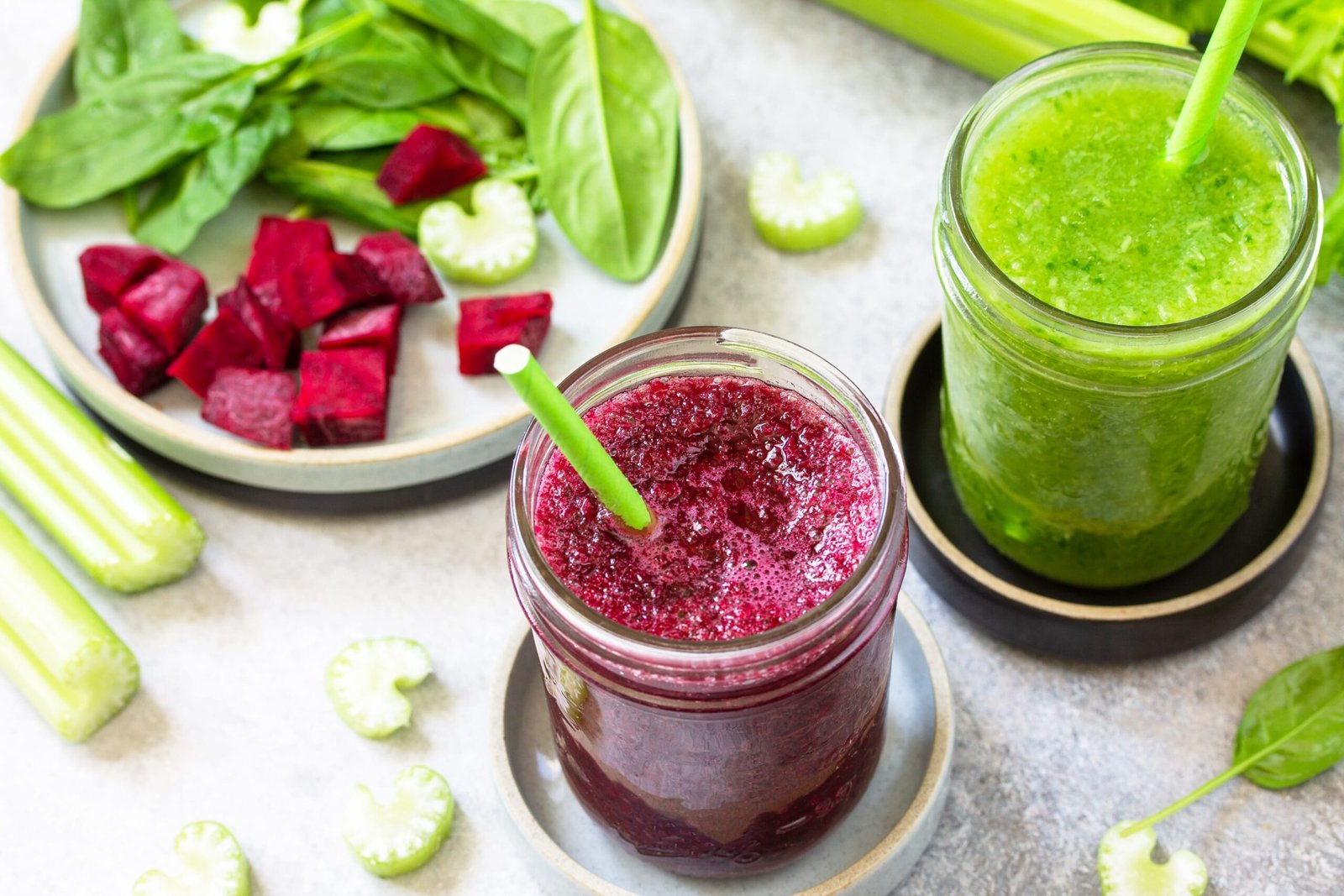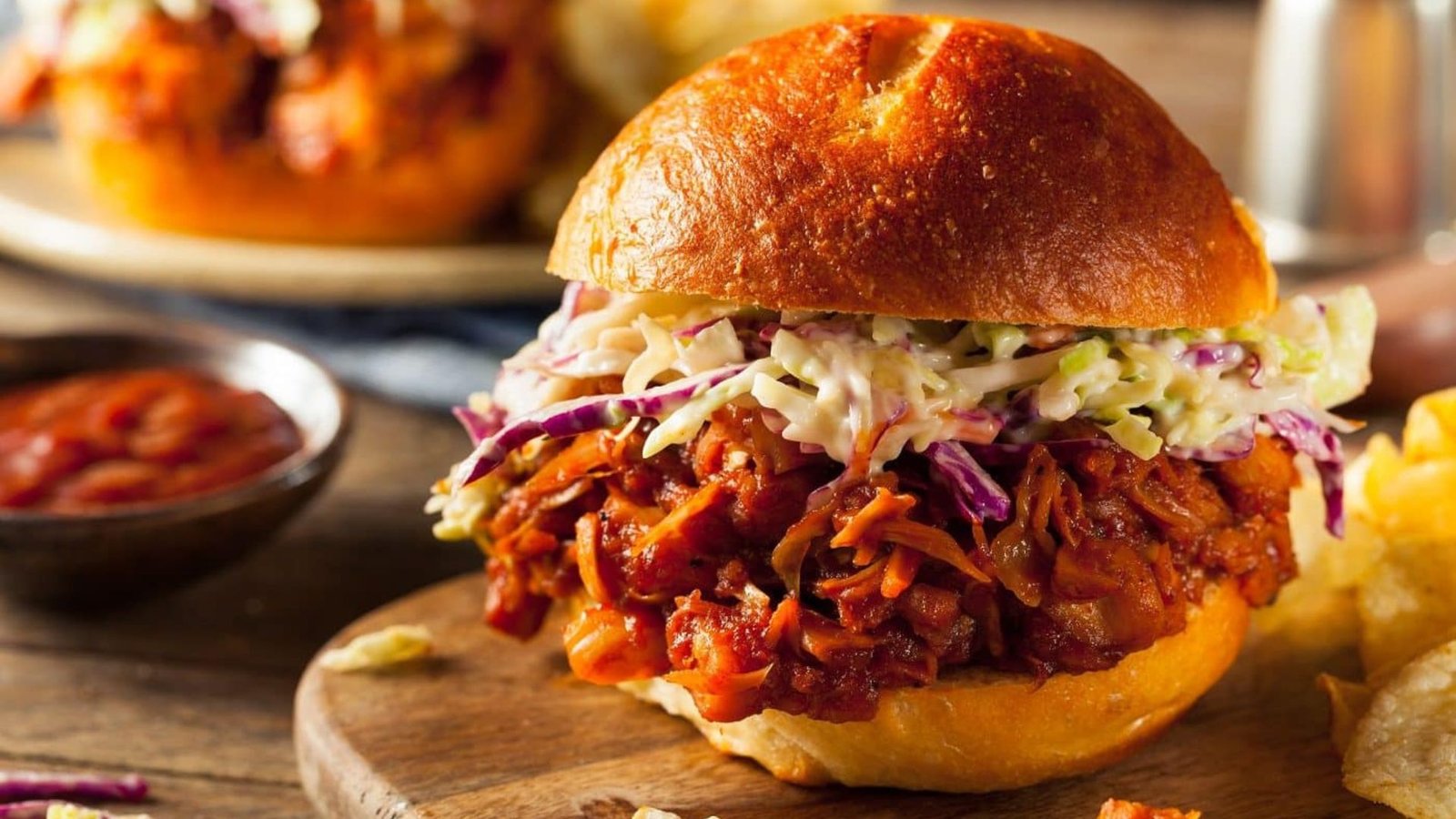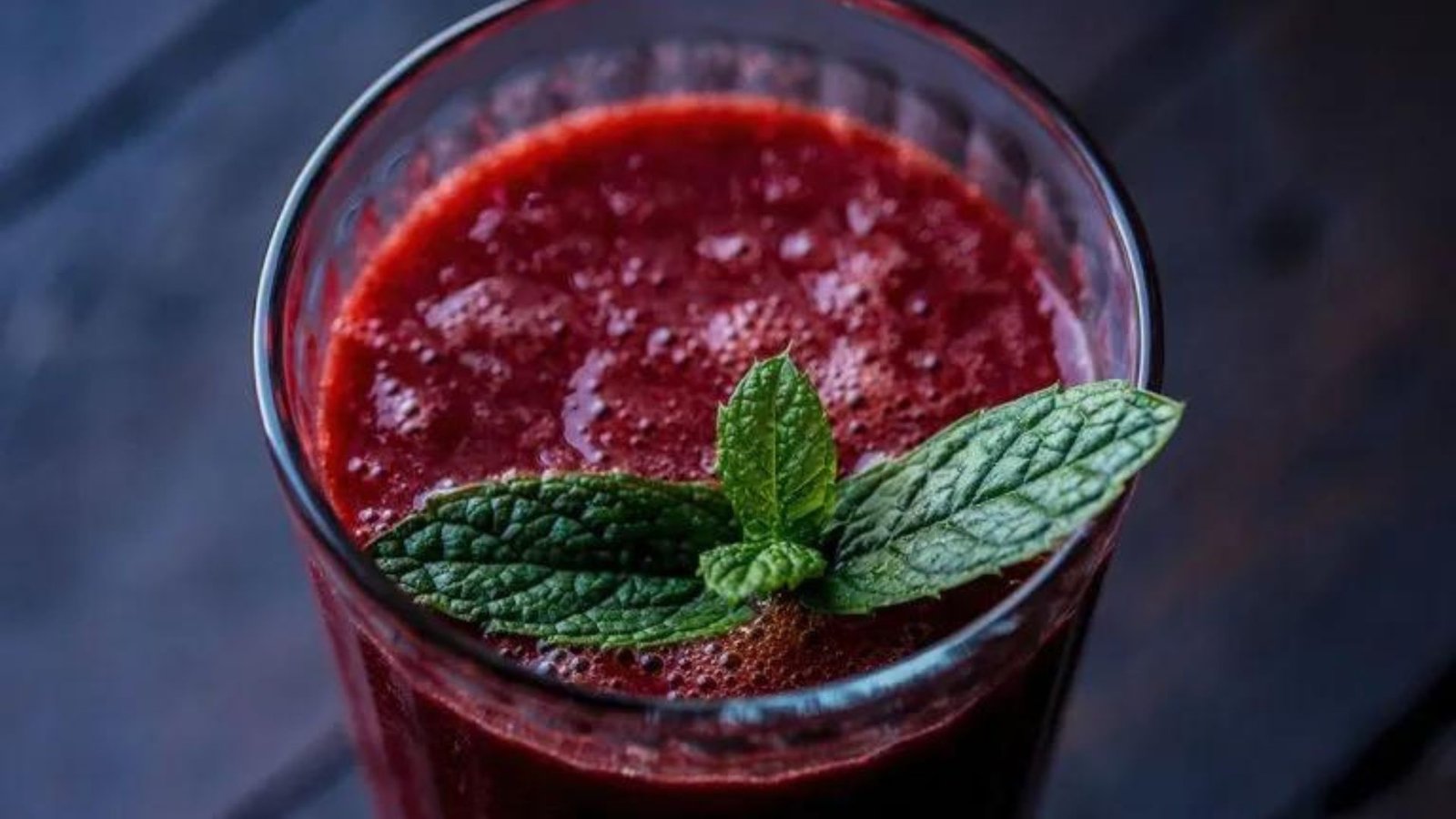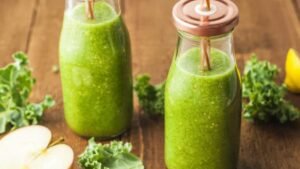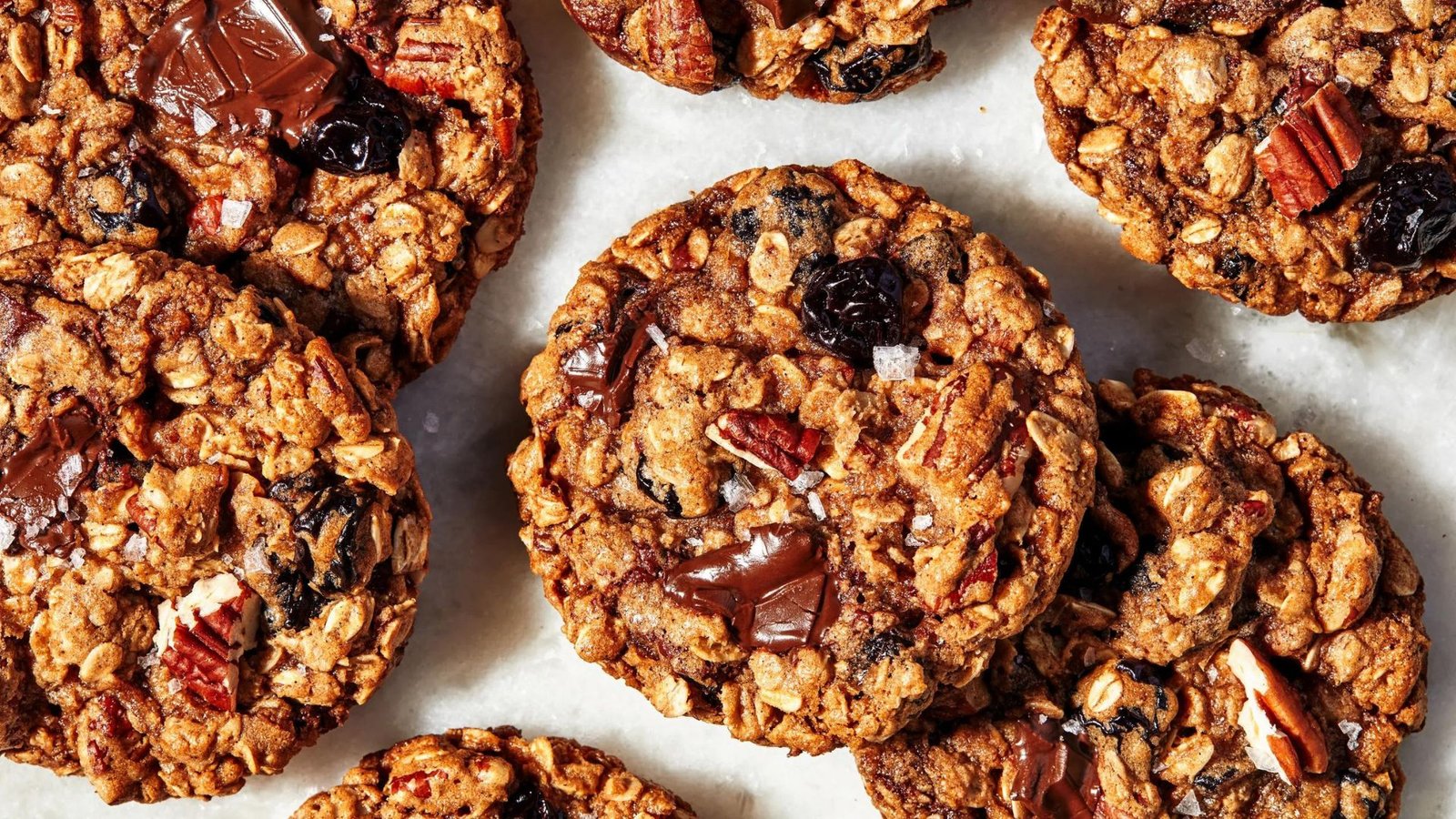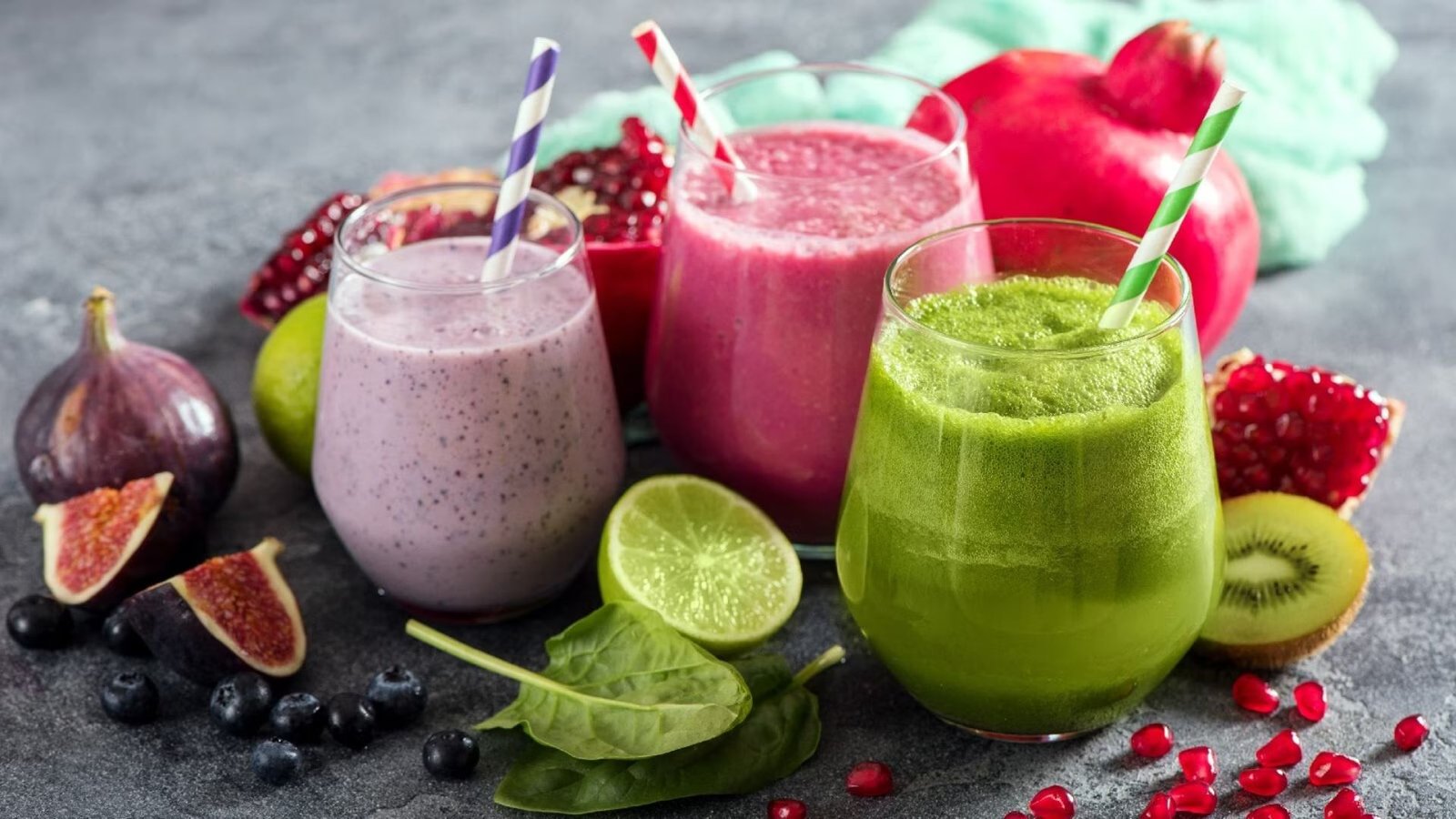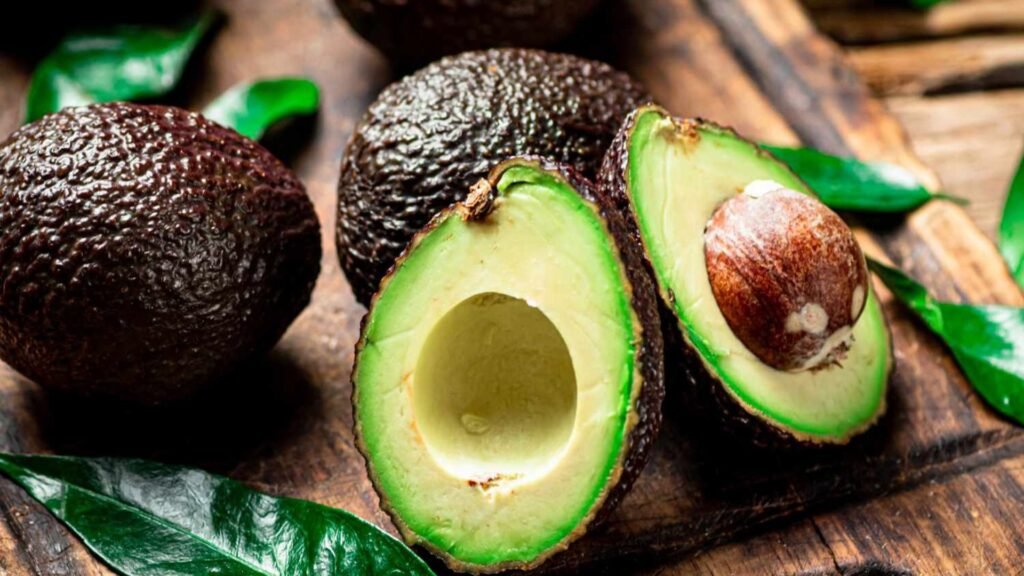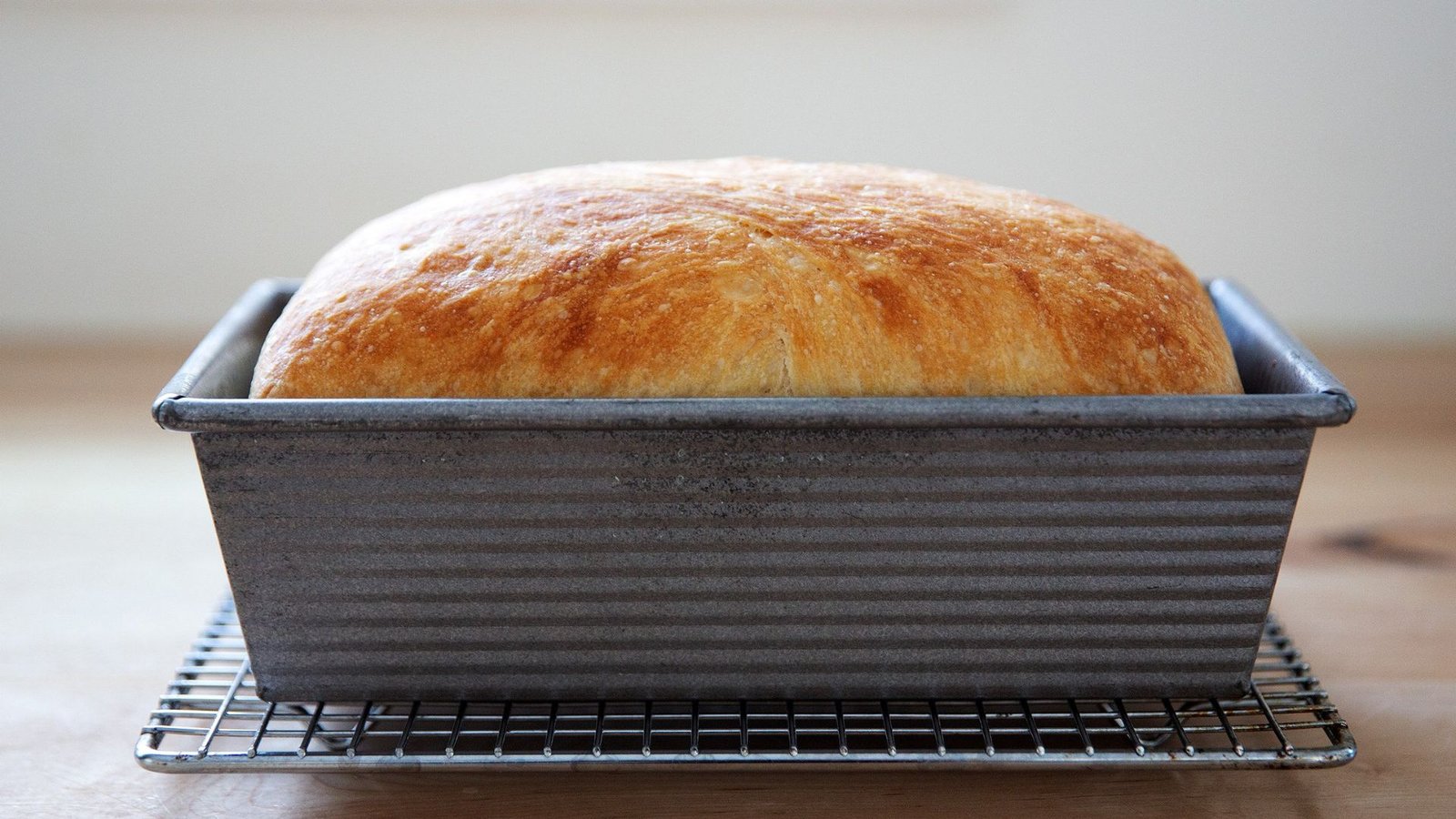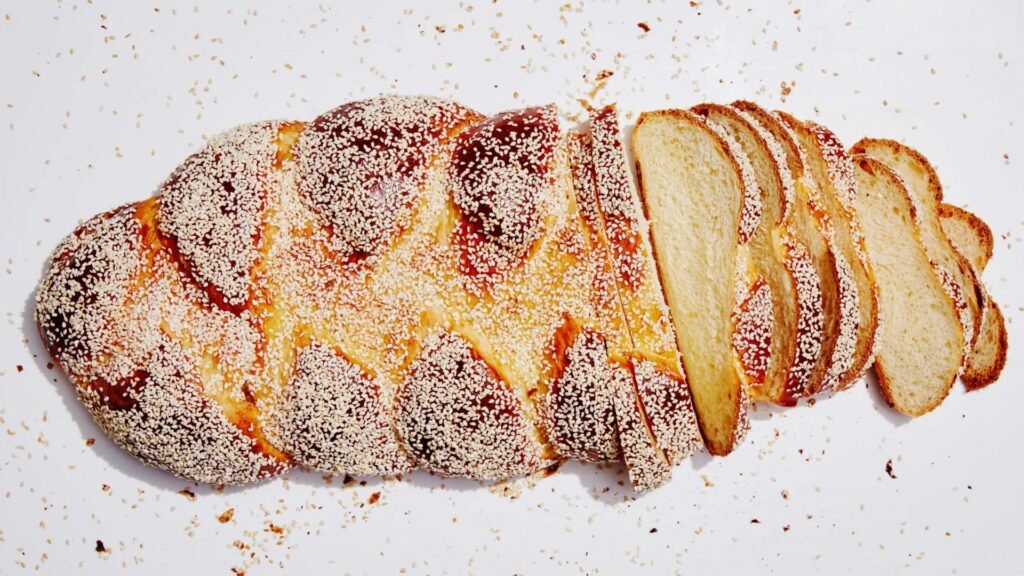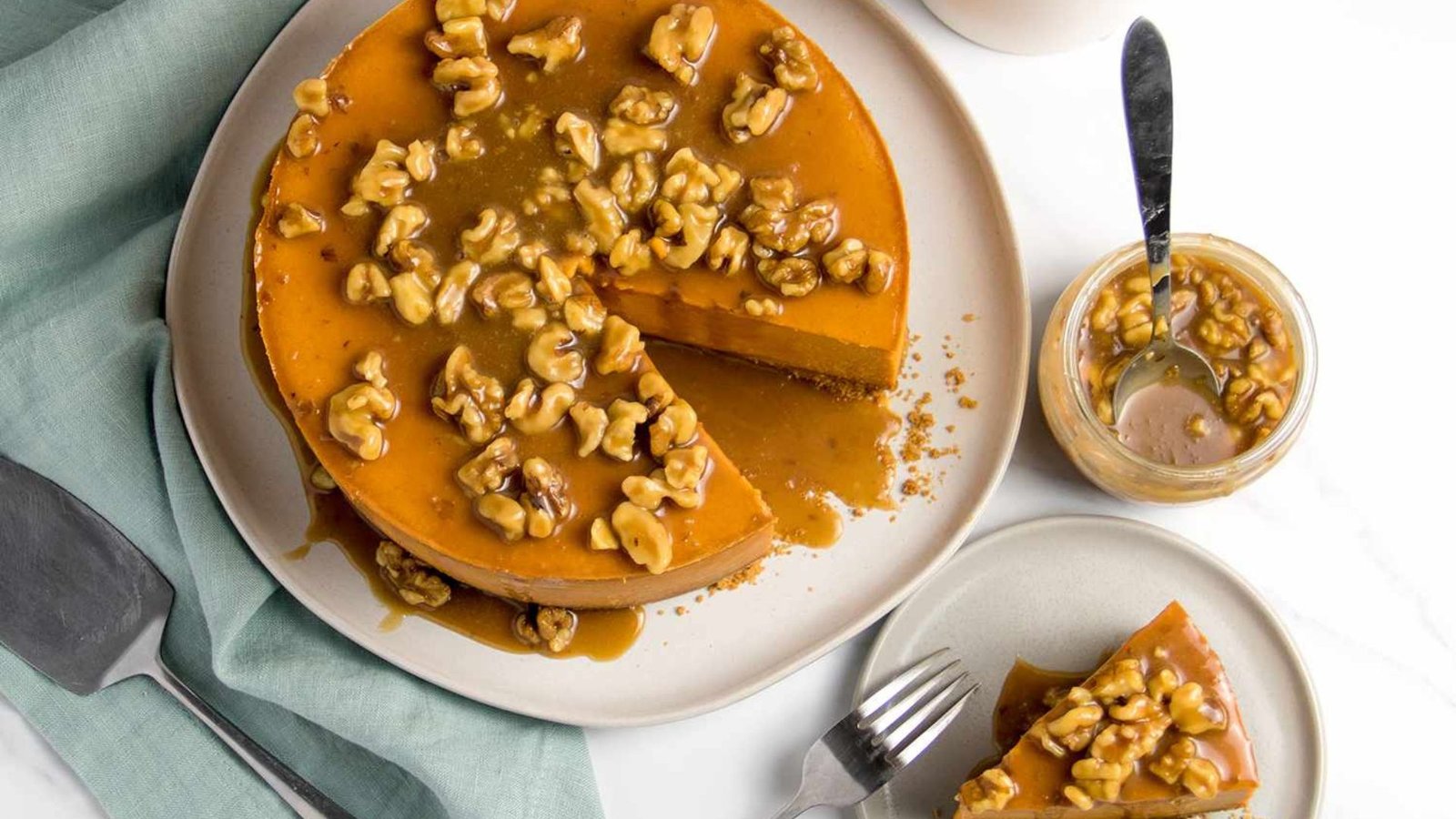The Ultimate Cryptocurrency Casino in 2026
WNNR.com is not just a place to play; it is a full-scale cryptocurrency casino ecosystem built on the principles of the decentralized web. While other sites try to force old banking habits onto new technology, WNNR embraces the future. By using smart contracts and advanced encryption, the platform ensures that your gaming is private, your wins are yours instantly, and every single bet is verifiable. In this review, we will break down why wnnr.com is the leading choice for the next generation of online gamblers.
True Financial Autonomy
The defining feature of a top cryptocurrency casino is the removal of the middleman. At WNNR.com, you are the bank. You don’t need to ask permission to move your money. Whether you use Bitcoin, Ethereum, or a variety of altcoins, your deposits are reflected on the site as soon as the blockchain confirms the block.
Withdrawals follow the same high-speed logic. Instead of waiting for a manual review process that can take days, WNNR processes your cash-outs through automated scripts. This means your winnings often land in your personal wallet before you even close your browser tab. For anyone tired of the “pending withdrawal” trap at traditional sites, this is a massive upgrade.
A Library Built for Variety
A cryptocurrency casino should never be boring. WNNR.com curates a massive selection of games from the world’s most innovative studios. You can dive into:
-
Provably Fair Originals: These are games like Crash, Mines, and Limbo. They use open-source algorithms, meaning you can verify the fairness of every round yourself.
-
High-Volatility Slots: Partnering with giants like Pragmatic Play and Hacksaw, the site offers games where huge multipliers are always just a spin away.
-
Live Game Shows: Experience the next level of entertainment with interactive hosts in games like Crazy Time or Lightning Roulette.
-
Strategic Table Games: Enjoy the best versions of poker, blackjack, and baccarat with crisp, modern interfaces.
The VIP Edge
WNNR.com understands that loyalty is earned. As a premier cryptocurrency casino, it offers a tiered rewards system that actually pays you to play. Unlike traditional “comp points” that are hard to track, WNNR uses a transparent rakeback system. You get a percentage of every bet back into your balance, regardless of the outcome. As you climb the VIP ranks, you unlock higher limits, personalized gifts, and a dedicated host to ensure your experience is flawless.
Security Without Compromise
Safety is the heartbeat of this cryptocurrency casino. By utilizing SSL encryption and two-factor authentication (2FA), the platform protects your account from unauthorized access. More importantly, because you transact in crypto, you never have to expose your credit card numbers or home address to the site. This layer of anonymity is why thousands of players trust WNNR.com with their digital assets every day.
Conclusion
WNNR.com is the ultimate destination for anyone who wants a fast, fair, and fun gaming experience. It is a cryptocurrency casino that truly respects the technology it is built on. With instant payouts and a massive library of verifiable games, it is clearly the future of online betting. If you are ready for a better way to play, WNNR.com is waiting for you.





